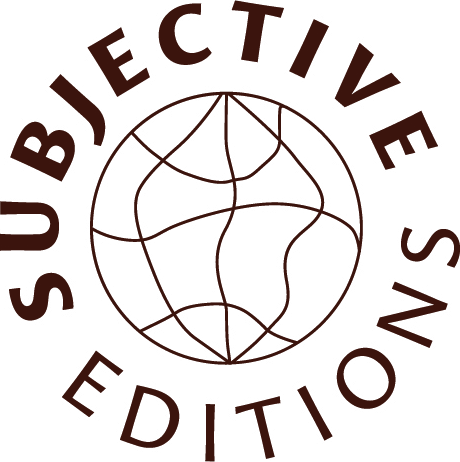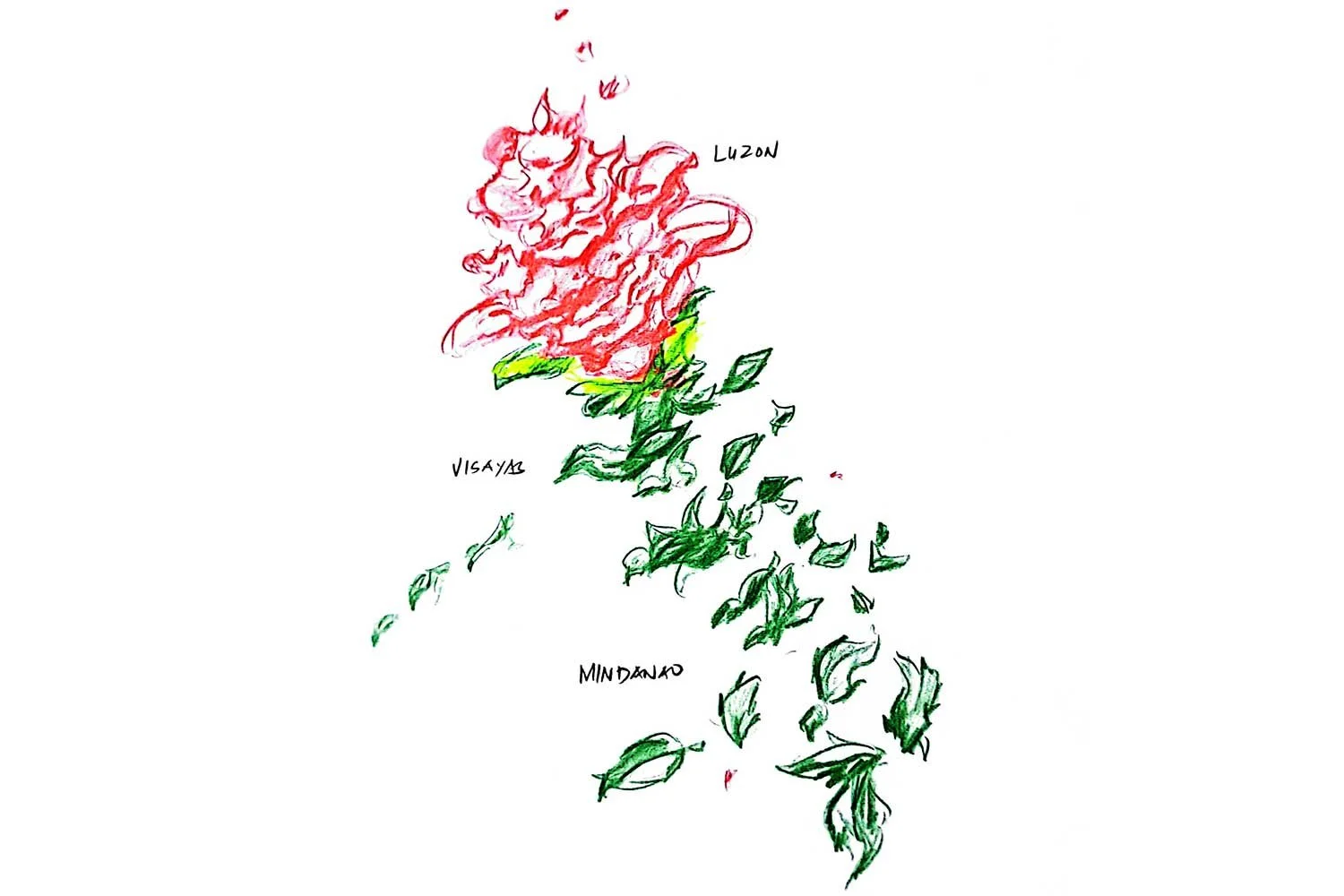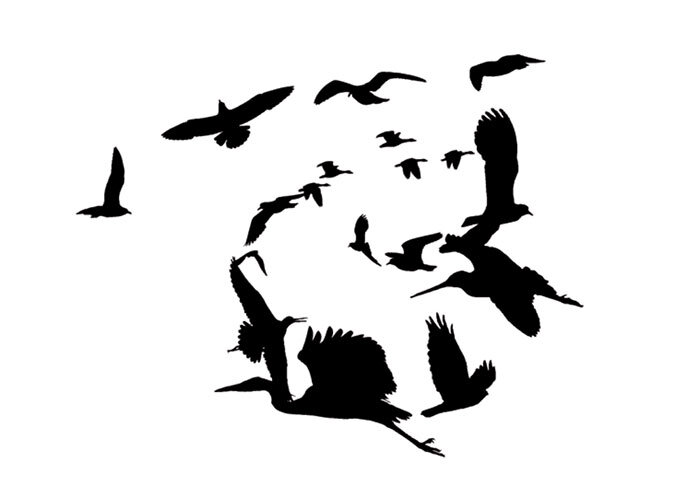Subjective mapping of Pakistan
Spring 2015 — Winter 2019
What and who do we talk about when we speak of ‘Pakistan’ and the ‘Pakistani’ today? Subjective Editions and Pakistani artist and documentary maker Taqi Shaheen posed this question to more than sixty artists, designers, and other creative souls across Pakistan through a series of workshops and personal discussions. It invoked a new kind of thinking towards complex questions of identity through a criss-cross of unexpected alliances, conversational trajectories, and inspiring encounters. Together, with fresh perspectives, we set out to map the understanding of a country so often misunderstood.
Workshop at Department of Visual Studies, University of Karachi
In March 2015 a workshop at the University of Karachi was held. The tutors of the workshop were Taqi Shaneen (Pakistani visual artist), Rabeea Areef (Pakistani designer), Annelys de Vet (Dutch designer) and Rudy J. Luijters (Dutch artist). Together with around 30 design and visual art students of the University they researched, developed and designed the first contributions for the subjective atlas.
The Subjective Atlas of Pakistan is the visual outcome of those encounters. Contributions arose from little anecdotes, trifles of everyday life, alternate symbols, and different points of view coming from implacable critics to the most passionate, romantic admirers. The atlas unfolds beyond linear terrains towards more nuanced insights. Through subjective mapping, it offers a humanized vision of ongoing conflicts pacified through visual poetics of personal experiences, everyday struggles, hopes and dreams, sufferings and sorrows.
Work session at seaside with students Department of Visual studies of University of Karachi, 6 March 2015
The contributors have developed their own ways to dissolve worn-out clichéd patterns; their varying mediums created a constellation of possibilities to critically question the apparently objective. They mine deeper into the cultural complexities to find latent patterns within domestic and political situations, economic divisions, creeping social phenomenona around belief systems, ethnic and religious minority issues, and increasingly dominant immigration conflicts.
Using maps, inventories, photographs, and drawings, the artists investigated the microcosm of urban and rural lives through an open exploration. To reveal the complex realities, these explorations took us further into the traditions of nationalist rants, fictional propaganda, cultural identity wars either in the name of God, state or tourist-friendly pretentious soft-image, and corporate deceptions.
Presentation and discussion at Indus Valley University, Karachi; Presentation and small workshop at National Academy of Arts, Lahore; Presentation and discussion at Beaconhouse National University of Art and Design, Lahore, March 2015
Next to the University of Karachi we have organized presentations and discussions at three other universities: Indus Valley University (Karachi), National Academy of Arts (Lahore) and the Beaconhouse National University of Art and Design (Lahore). The atlas was put in a wider context of design and conflict resolution, and students were invited to submit their idea’s for contributions for the subjective atlas of Pakistan.
Taqi Shaheen: “This atlas is meant to be a tool for an open dialogue in which creative observers become the most important players to construct parallel perspectives and fresh visions towards conflict resolution and a more peaceful society. As a humanist response to the complacency of power, it makes a modest non-violent attempt to cut through the noise of dangerously oversimplified media narratives and religious hate speech. It does so with an admission that its power to affect anything might be limited, but not ineffectual.”
Let this atlas provide an alternate view to measure and respond to the times we are living in. We hope this will sow seeds for yet more conversations and possibly help everyone safely navigate their way through the uphill road to Zindabad—the ‘Land of the living’.
Studio visits to artists and designers, amongst others Amin Gulgee (artist, Karachi), Aref Mahmood (photographer, Karachi), Usman Saeed (artist, Lahore) and Zeb & Haniya, Zeb Bangash (storytellers and musicians, Lahore). For a deepening, professional and enriching content of the subjective altas, several of the most renowned Pakistani artists (with different ethncial, religious and social backgrounds) have responded with great enthusiasm on our invitation to include their (new) work in the atlas. During the workshop the editorial team have done studio visits in Karachi and Lahore. Afterwards Taqi Shaheen has visited additional artists, also from other regions.
Over the course of 4 years we developed this atlas, conscious of the sensitive context of the politicised society with threatened minorities, suffering from post-colonialism and an international misrepresentation. With the project we aimed to contribute to conflict resolution through design with refined, critical and disarming visual research by a large community of people who have been reached during the process. Also we managed to team with Oxford University Press as a co-publisher of the book, which insures a broad and qualitative distribution.
Karachi Literature Festival, March 2020
We feel extremely thankful to all the super creative souls across Pakistan and beyond for contributing their most urgent and personal stories with fresh visions for Pakistan. Thanks to artist par excellence Arieb Azhar for moderating the panel discussion with the creative visionaries, Taqi Shaheen, Muhammad Hassan Miraj, Sara Khan and Mahim Maher at the Karachi Literature Festival. I hope all of you love the book as much as we loved putting it together.
Acknowledgments
Ameena Saiyid, Rudy J. Luijters, Samar Raza, Durriya Kazi, School of Visual Arts and Design (SVAD) at BNU - Lahore, Department of Fine Arts - University of Baluchistan.
Special acknowledgments to our institutional partner Department of Visual Studies, University of Karachi
With the generous support from














































